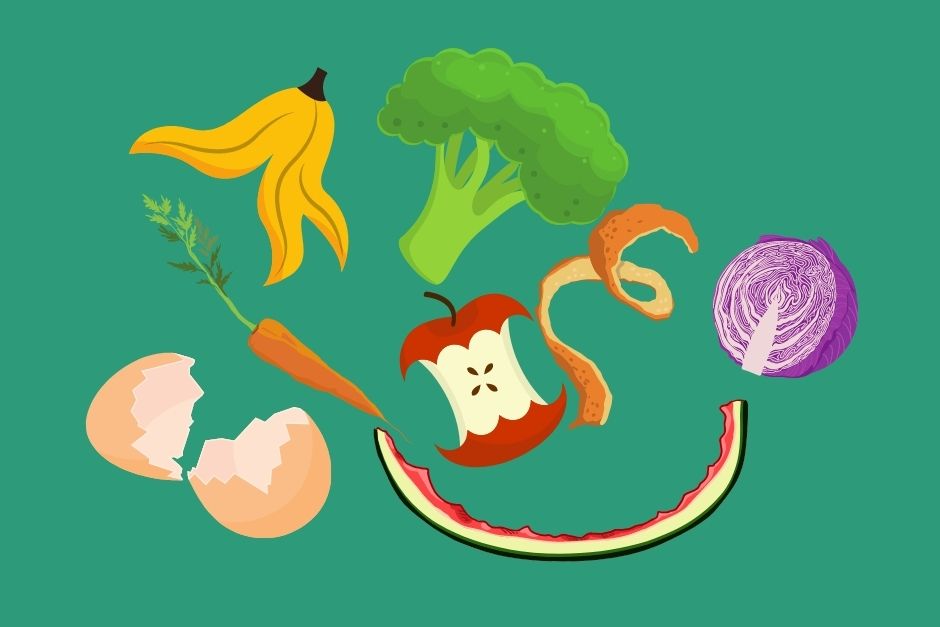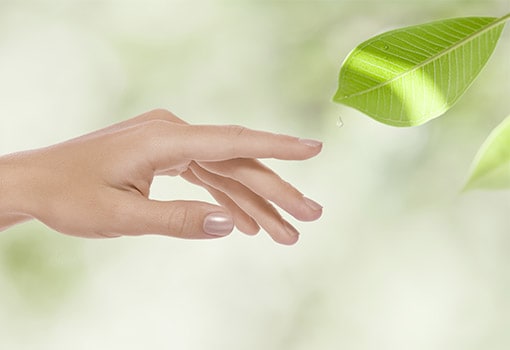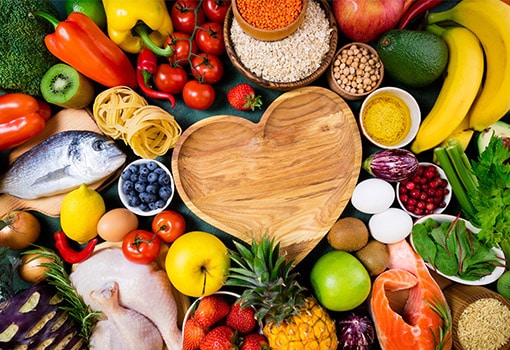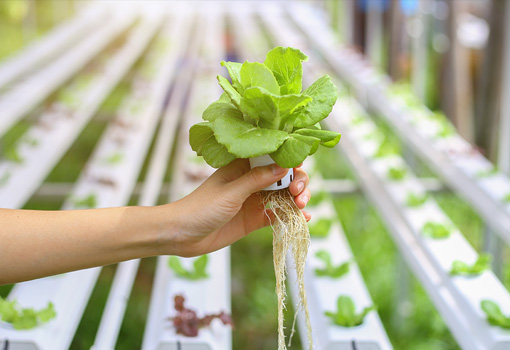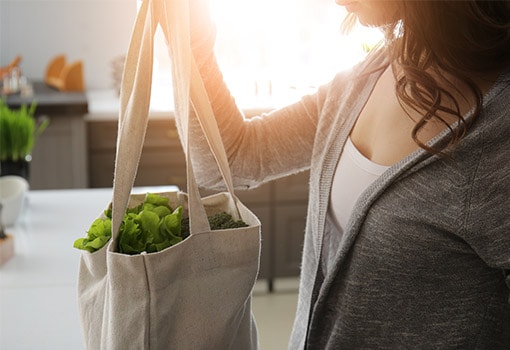You may be hearing more these days about composting, which is essentially the “recycling” of food scraps and transformation into nutrient-rich soil. It’s great for the environment because it reduces food waste and keeps it out of the landfill. And, it mitigates climate change by reducing methane gas and carbon emissions. Plus, compost helps your garden grow!
Maybe you’ve even noticed increased efforts to encourage composting in your own neighborhood. What’s going on with composting in different cities around the country? There are both voluntary and mandatory approaches, with various initiatives, programs, and regulations on composting.
mandatory composting
The strictest level is mandatory composting, where residents are required to separate out food waste (also referred to as compostables or organics) from their regular trash. This would include things like fruit and vegetable scraps, coffee grounds, some paper, and yard waste.
San Francisco and Seattle, for example, are two cities that require composting in this way. The cities provide curbside collection of food waste along with the usual trash. So garbage day involves separating trash into 3 designated bins; one for recyclables (glass, plastic, metal, etc.), one for compostables (food and yard waste), and one for regular trash. If you don’t comply, you may be fined.
As an added incentive, San Franciscans who choose to downsize to smaller trash bins and use larger compost bins can even potentially lower their trash bill. Seattle residents are required to subscribe to food and yard waste collection service; or, alternatively, they can choose to compost in their backyard. Yard waste is accepted at recycling and disposal stations, but for a fee. Bottom line: in these cities, food and yard waste, compostable paper, and recyclables must not go in the trash (or, ultimately, the landfill).
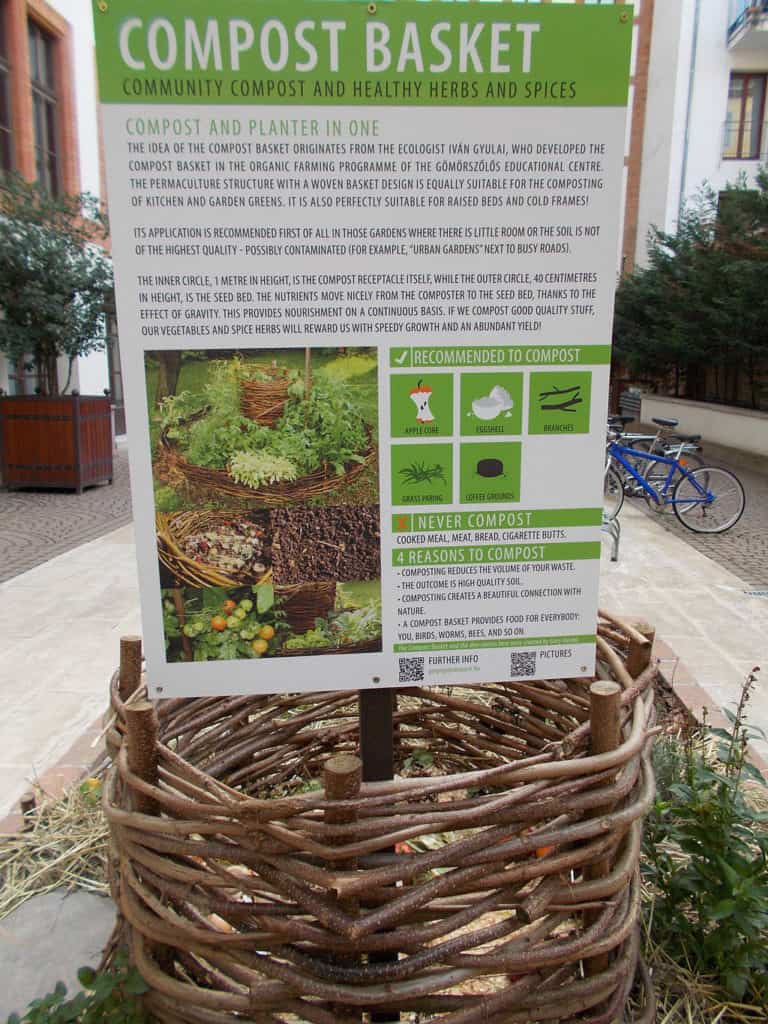
voluntary composting
Now, some people may be interested in participating even if it’s not required by law. Other cities like New York City and Takoma Park, MD, have begun rolling out voluntary curbside organics collection. You just request a compost bin from the local authorities in order to start. It’s not available to every New Yorker yet, but the goal is for everyone to have access to either curbside collection or food scrap drop-off points in their neighborhood. Non-profits also sponsor commuter drop-offs near subway stations or at farmers markets.
In Takoma Park, residents who participate in the food waste collection program can even receive free compost in return! Austin, Denver, and Minneapolis are among many others that have also started organics collection (sometimes for an additional fee).
pick-up services and public drop-offs
Finally, in many cities, curbside food waste collection is not offered yet. But, there are other ways to participate if you want to keep food waste out of the landfill, but don’t want to actually make compost yourself! Washington, DC aims to begin curbside collection in the future, and the government recently launched a food waste drop-off program at farmers markets. There are also other sites at schools and community gardens. And, private composting pickup services may also be available to fill the gap for those who are not served by their municipality.
Sources: San Francisco Department of the Environment, Seattle Public Utilities, City of Takoma Park, City of New York, DC Department of Public Works

